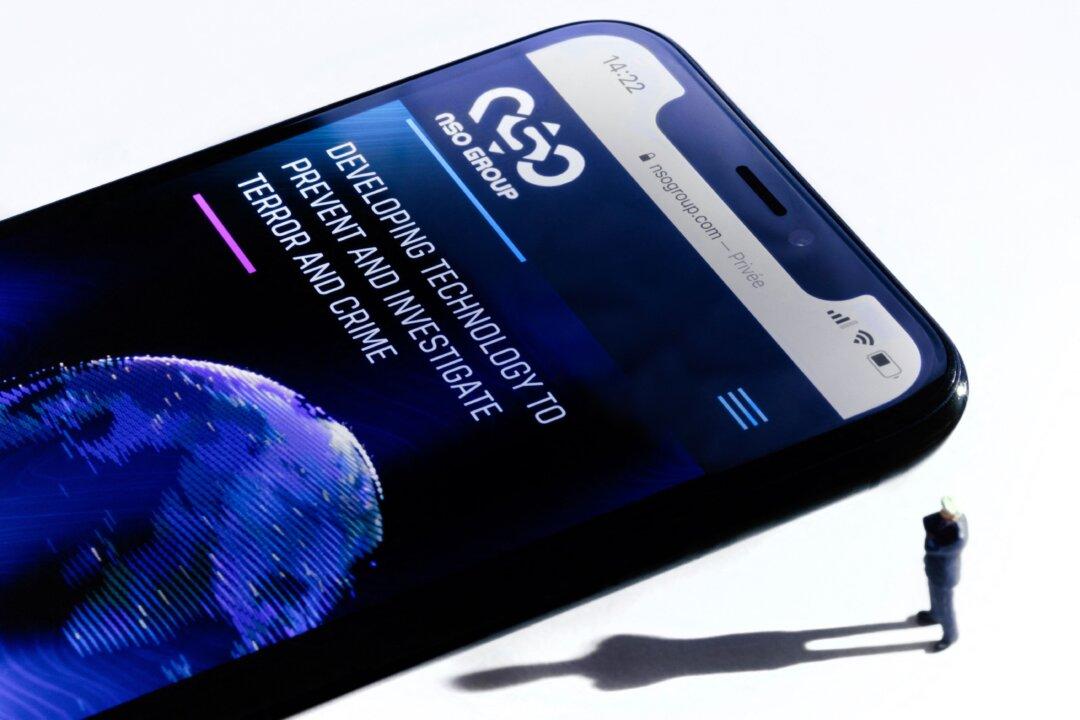Israeli spyware vendor NSO Group was handed a major loss on Nov. 8, just days after being placed on a U.S. sanctions list, when a federal appeals court denied the company’s sovereign immunity claims—paving the way for the firm to face legal liability in the United States.
NSO Group faces legal and regulatory actions in numerous jurisdictions over what’s been dubbed the Pegasus scandal—where the company allegedly allowed authoritarian governments to use its Pegasus software to spy on journalists, human rights activists, and dissidents.




